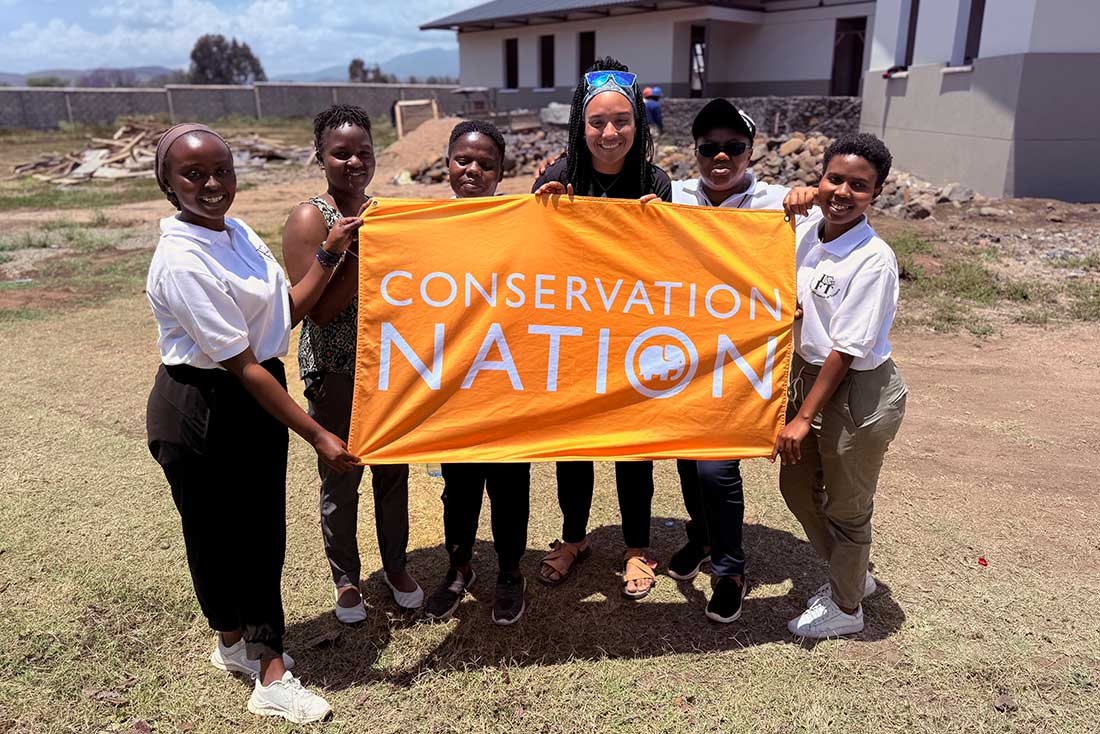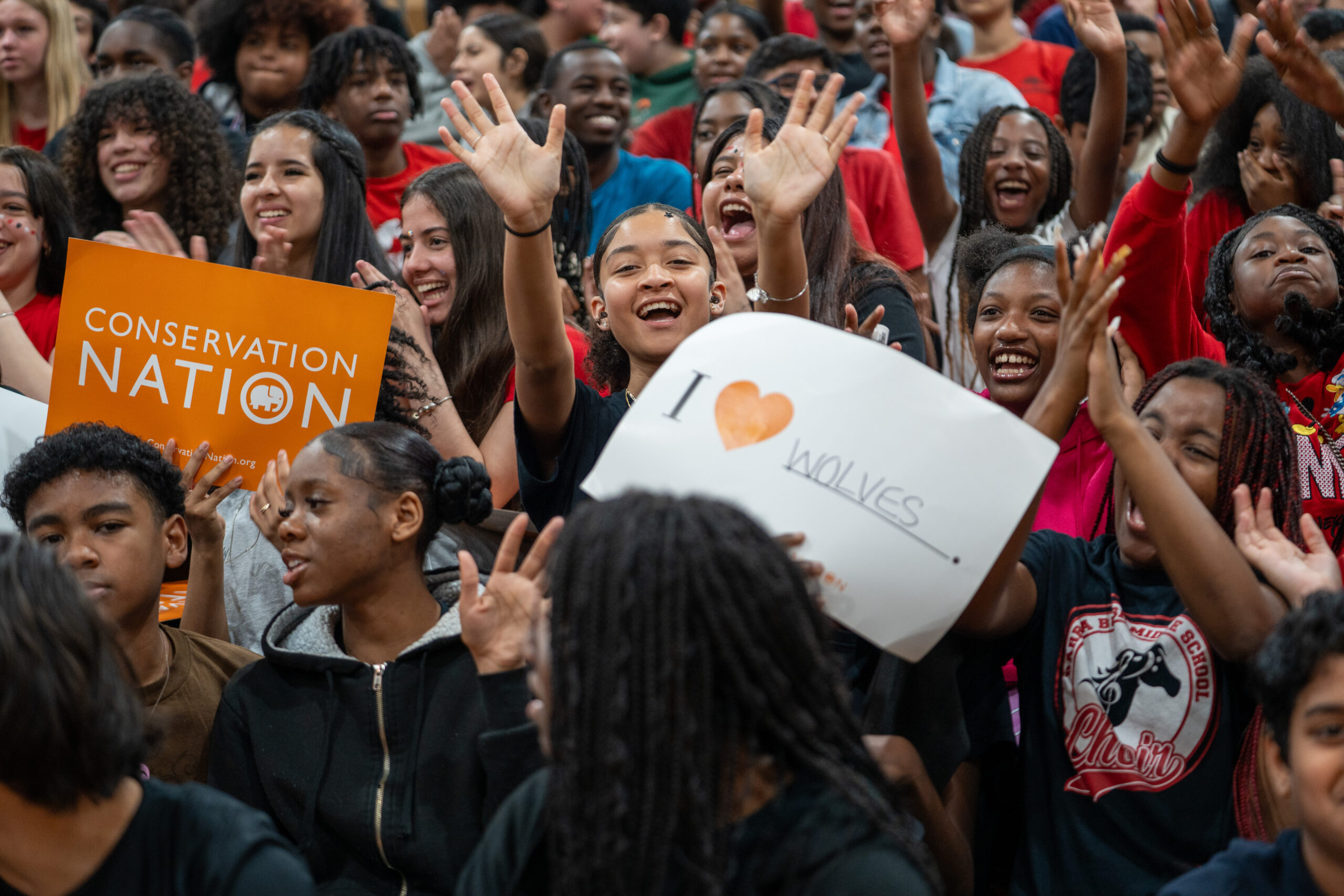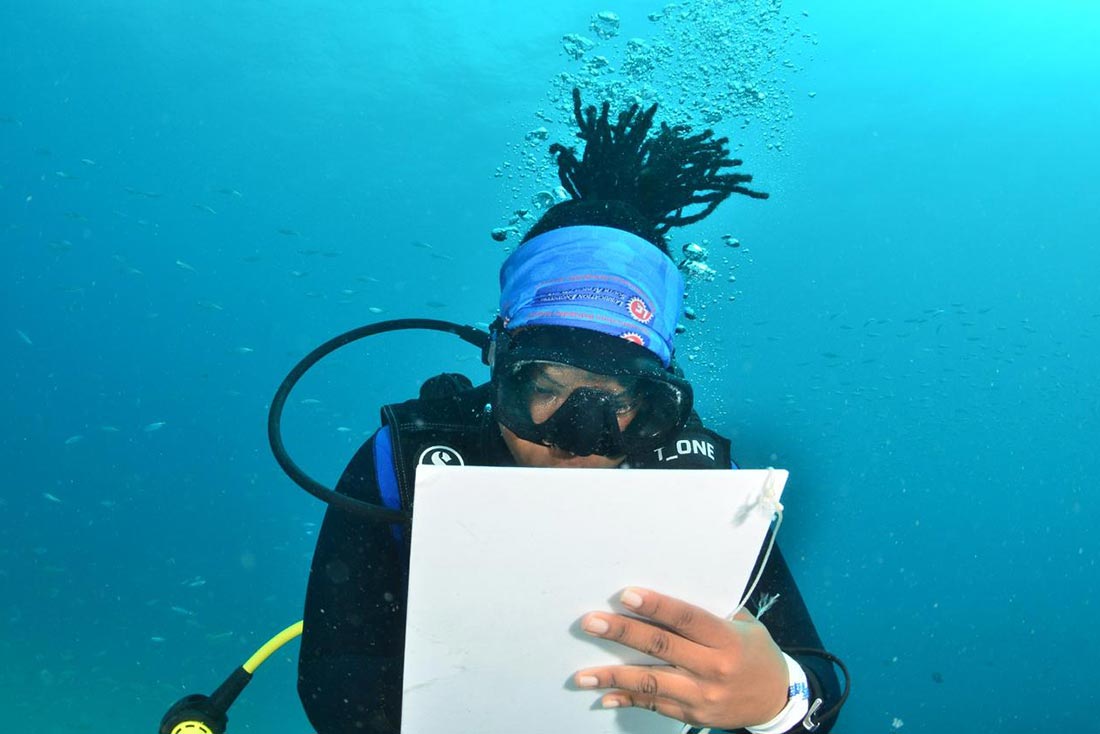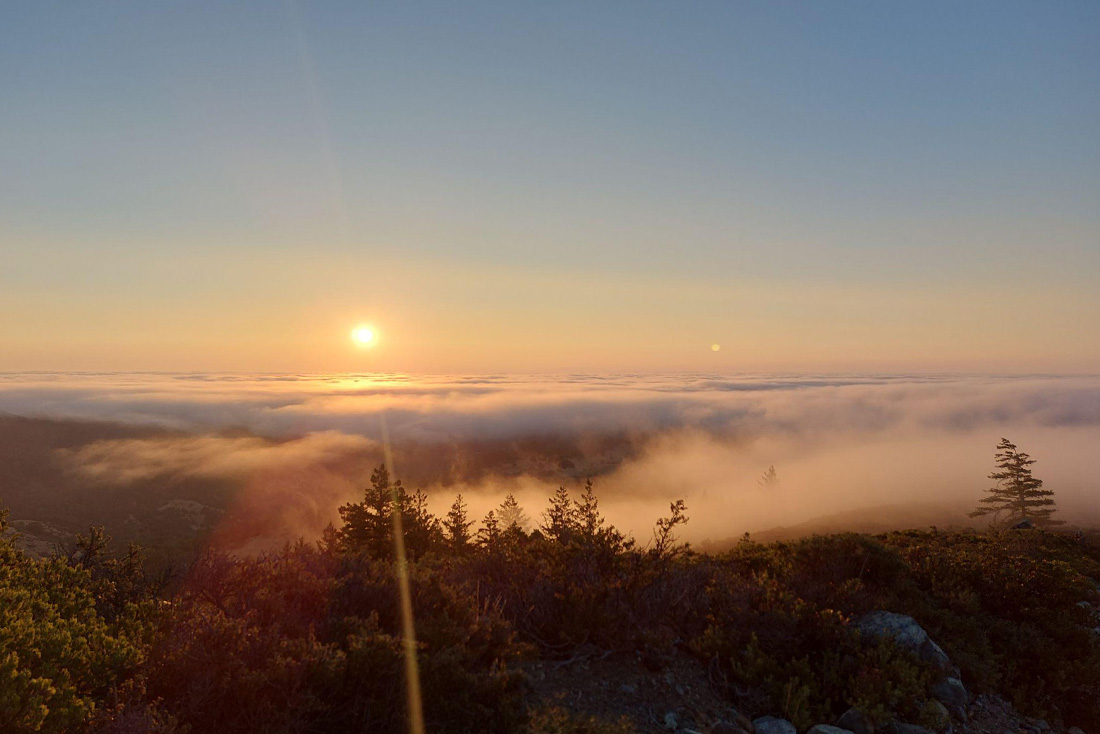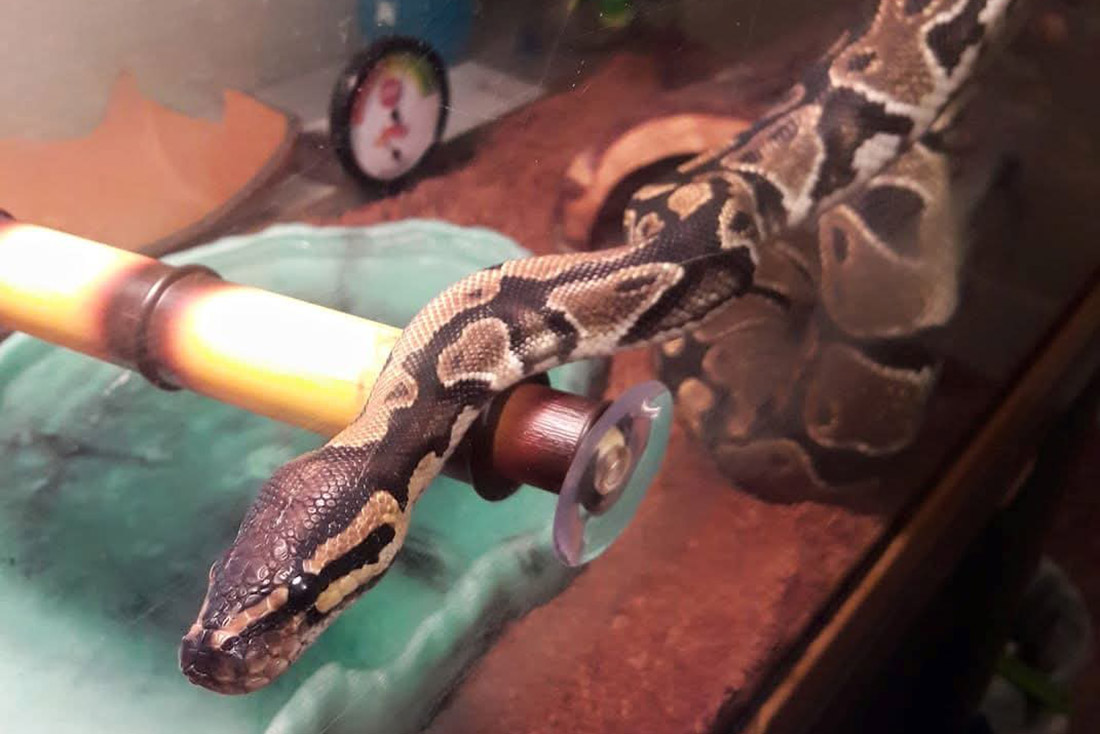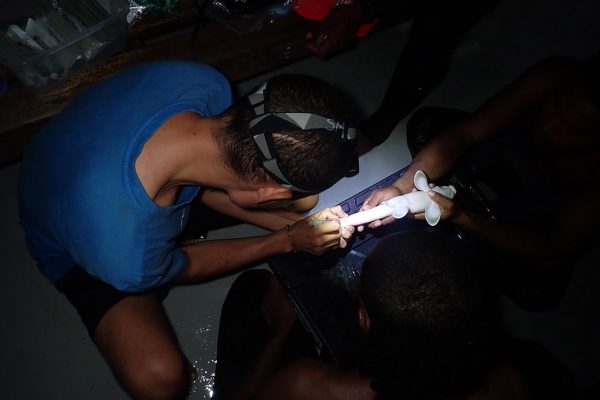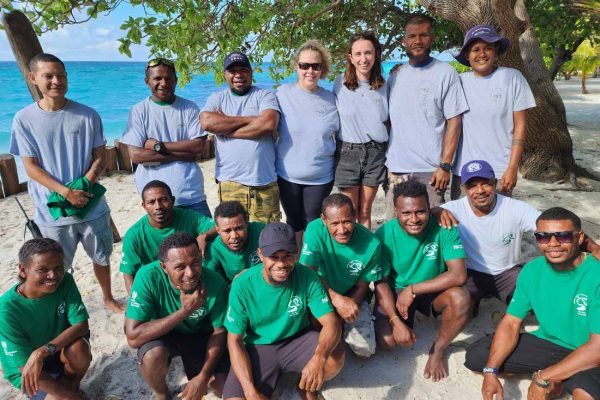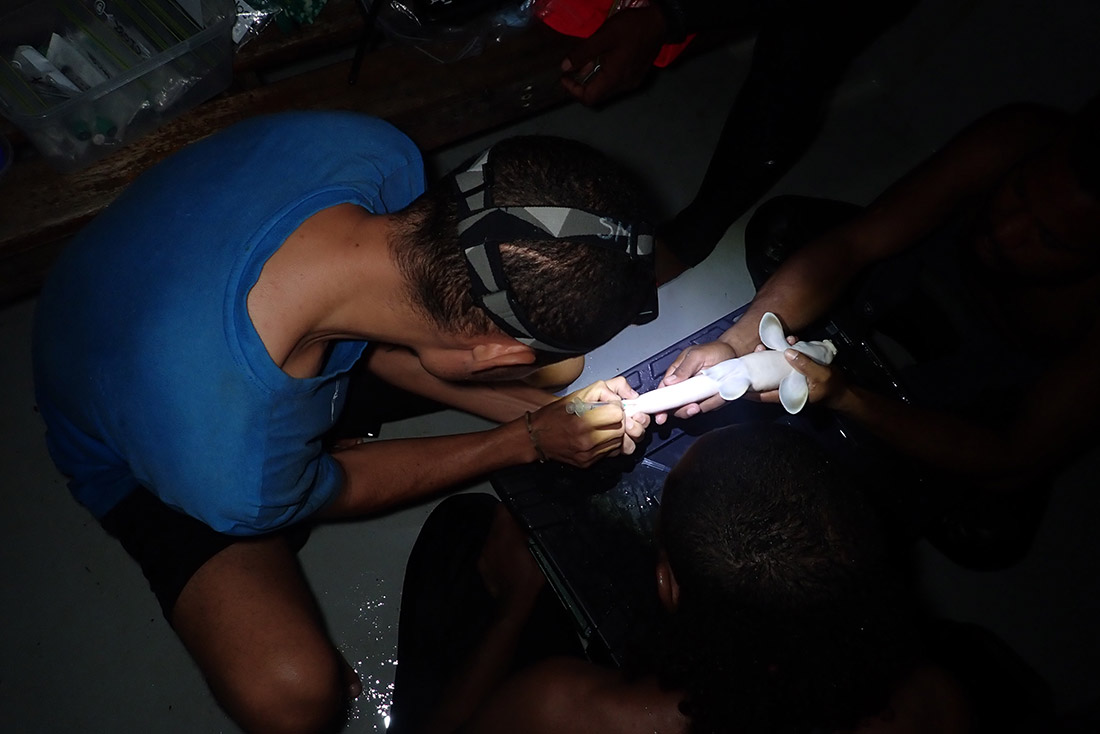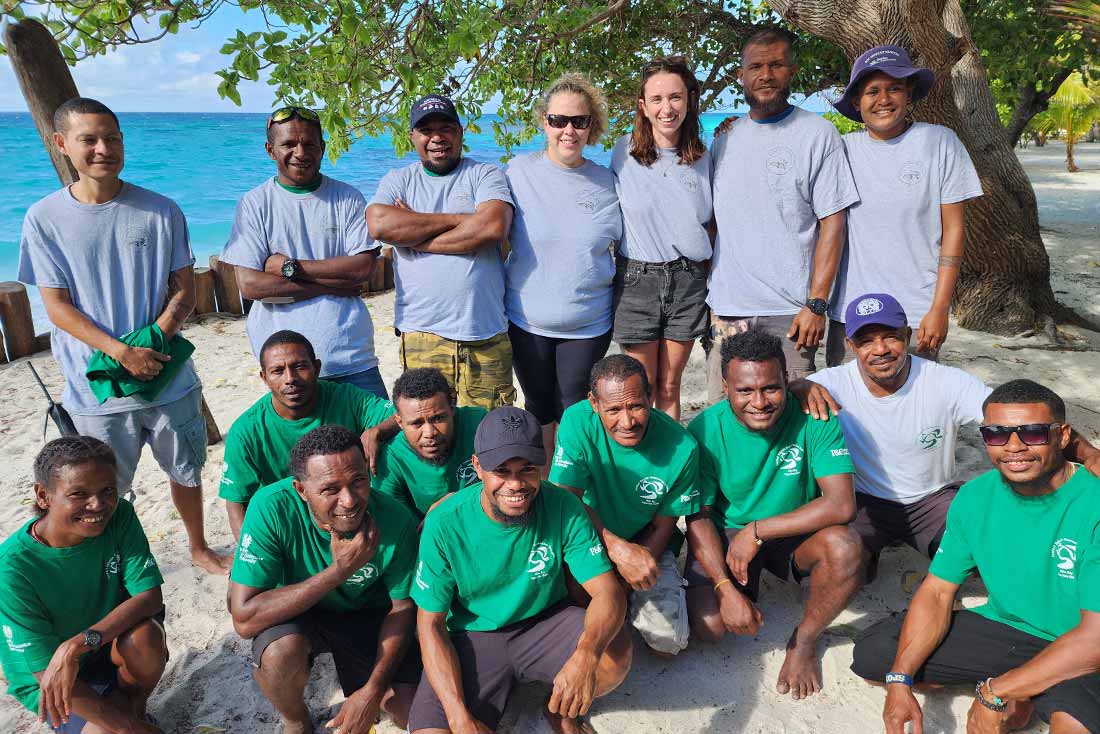Jessica Blakeway is one of Conservation Nation’s 2023 conservationist grant winners. She has held a deep love for the ocean ever since growing up in a small coastal town in Tasmania, Australia, and this love helped pave the way for her schooling and career path.
Jessica now has a BSc in marine science from Murdoch University in western Australia and completed her honors in environmental science at Victoria’s Deakin University in 2019. She is currently working toward her PhD at the University of the Sunshine Coast in Queensland, researching the distribution, ecology and conservation status of Michael’s epaulette shark in eastern Papua New Guinea. Her thesis there was inspired by a diving experience she had with the species in 2018 while volunteering with the Conflict Islands Conservation Initiative, and it serves as the basis for her Conservation Nation project.
She believes strongly in the importance of working with local communities to build capacity for the long-term success of conservation and management programs — and brings that belief to her Conservation Nation project.
Where They Walk: Assessing a Recently Discovered Population of Michael’s Epaulette Shark
Jessica’s project will add to the body of research done on the epaulette shark, which was first discovered just 13 years ago in Papua New Guinea, and is known for its ability to “walk” among reef flats. The limited amount of research on the shark has been due to its remoteness and the limited resources available in the area. However, a previously unidentified population of Michael’s epaulette sharks has been discovered further to the east.
Jessica plans to work with local stakeholders to study the sharks, learning more about their habitats, reproduction patterns, and the threats they face. She will collect photos to build a photo identification database of the sharks and present her findings to the local communities and authorities, with the goal of supporting the local management of Michael’s epaulette — in part by establishing a ranger position for a local woman.
Jessica’s study will be used as a basis for further conservation efforts. Her data will provide a baseline for future research and management plans, and her creation of a long-term monitoring program in the area will further help with conservation strategies in the region.

